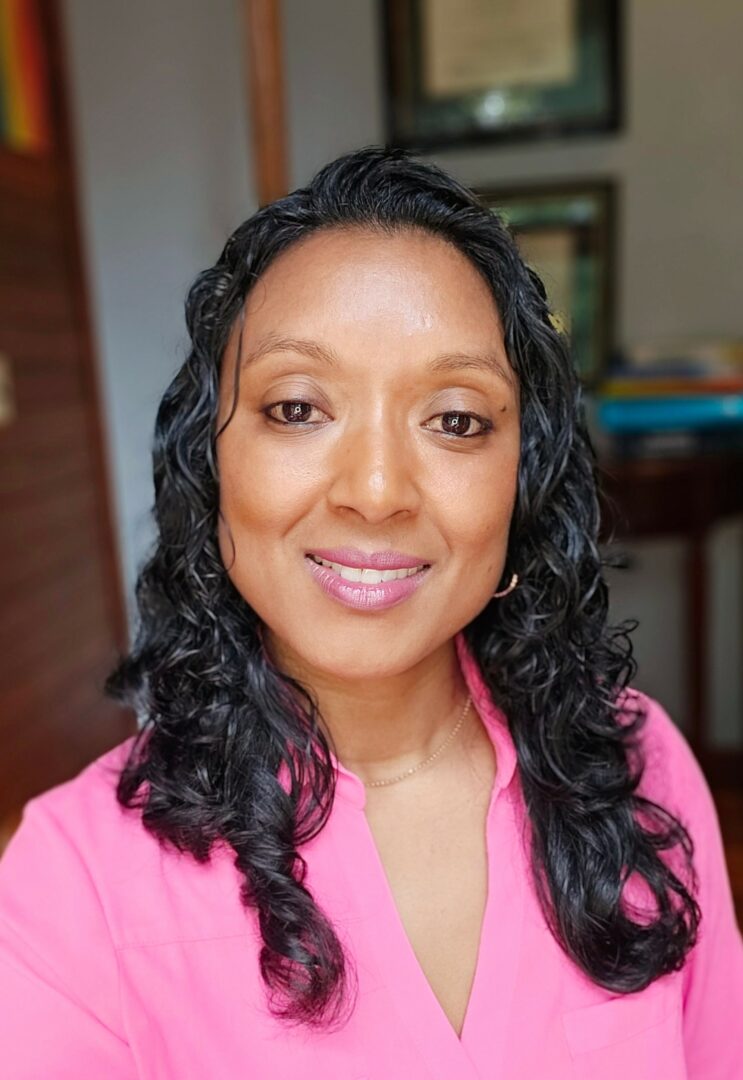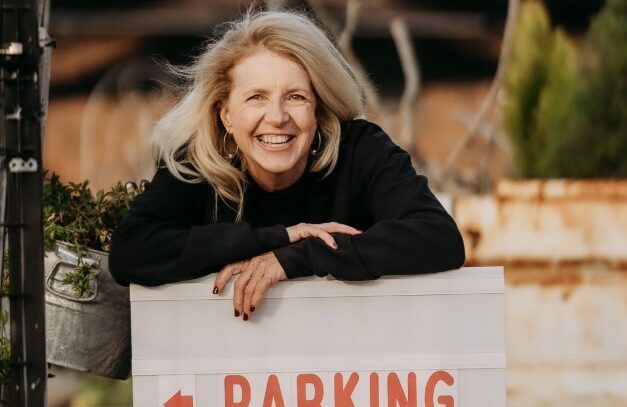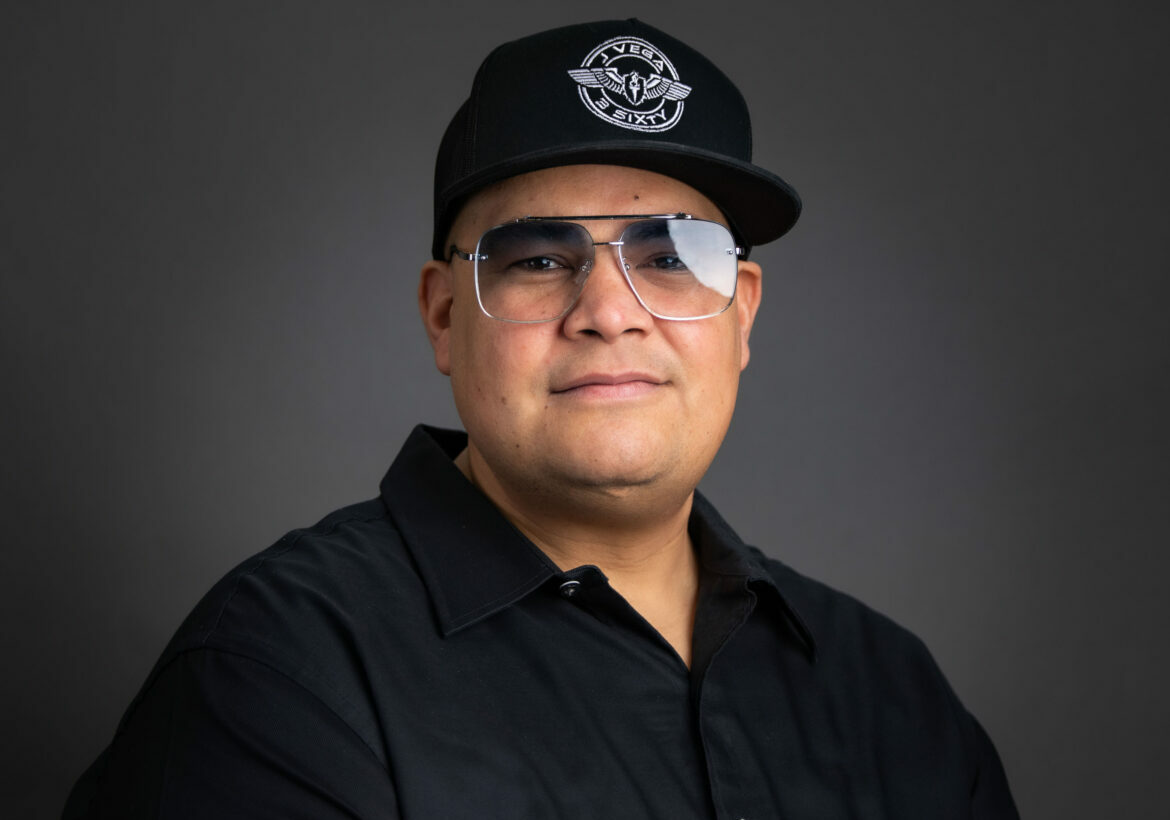We recently connected with Sitara Marin, LMHC and have shared our conversation below.
Sitara, first a big thank you for taking the time to share your thoughts and insights with us today. I’m sure many of our readers will benefit from your wisdom, and one of the areas where we think your insight might be most helpful is related to imposter syndrome. Imposter syndrome is holding so many people back from reaching their true and highest potential and so we’d love to hear about your journey and how you overcame imposter syndrome.
As a mental health therapist specializing in identity, I’ve learned to embrace every part of who I am—including imposter syndrome. I’ve come to realize that imposter syndrome doesn’t exist to make us feel insecure, small, or incapable. On the contrary, its purpose is to motivate and push us forward. It’s like a racehorse that only truly kicks into gear when it sees its competitor gaining ground—imposter syndrome acts as that challenge, spurring us to go further, faster, and with greater determination.
We need imposter syndrome, not to hold us back, but to encourage us to stretch beyond our limits, to aim higher, and to show ourselves just how much we are capable of. I view it as a signal to take on difficult tasks, and I teach my clients to do the same—to reframe imposter syndrome as an invitation to grow.

Thanks, so before we move on maybe you can share a bit more about yourself?
Many people ask me, “What is an Identity Therapist?” Our identity encompasses both the titles we hold and the traits we express. For example, I identify as a mother, daughter, partner, entrepreneur, and big sister—these are some of my titles. I also see myself as funny, direct, thoughtful, caring, spontaneous, and a deep thinker—those are my traits.
Our sense of identity can come into conflict or be questioned during major life transitions, like becoming a parent or changing careers. However, sometimes the shifts are subtler. For instance, turning 40 and realizing you’re no longer seen as “young” can prompt a reassessment of who you are. Understanding how to navigate these transitions can help address issues like depression, anxiety, midlife crises, and grief.
What I love about identity work is that everything in our lives influences our identity. Often, the source of distress is a mismatch between what we thought we knew to be true about ourselves and the reality of our current experience.
I work exclusively with individual clients because identity work is deeply personal. I don’t work with couples or families. However, I do offer therapy intensives, which can fast-track progress and provide deeper insight into identity issues. Typically, working with clients for 2-hour sessions every week for 3-6 months can lead to significant breakthroughs and real progress.
There is so much advice out there about all the different skills and qualities folks need to develop in order to succeed in today’s highly competitive environment and often it can feel overwhelming. So, if we had to break it down to just the three that matter most, which three skills or qualities would you focus on?
The three qualities I believe anyone can harness to benefit their journey, regardless of the path they choose, are increased self-awareness, bravery, and resilience.
Self-awareness involves recognizing your thoughts, behaviors, and feelings throughout the day, especially when you’re working toward your goals. Sometimes, these thoughts and feelings are positive, which can motivate us. Other times, they’re negative, and our instinct might be to avoid or distract ourselves from them. The challenge here is to observe those thoughts and feelings without judgment and understand that you’re not alone in experiencing them. We’ve all been there.
Bravery is essential when navigating discomfort. There’s often something holding us back from pursuing our goals or living our purpose, or else we’d already be doing it. The real question is: can you summon the bravery to move forward anyway? Whenever I’ve felt stuck, my mom would ask me, “Is death a possible outcome?” Almost always, it wasn’t. And if death isn’t on the table, then I knew I could survive whatever fear or challenge I was facing. I apply this same thought process when working with my clients: we assess the worst-case scenario, and if that outcome is tolerable, then it’s worth taking the risk.
Resilience and bravery are deeply connected. As our acts of bravery increase, so does our resilience. Resilience is what allows us to be flexible and face challenges head-on. As we gain confidence in our ability to handle difficult situations, we increase both our bravery and our tolerance for risk.
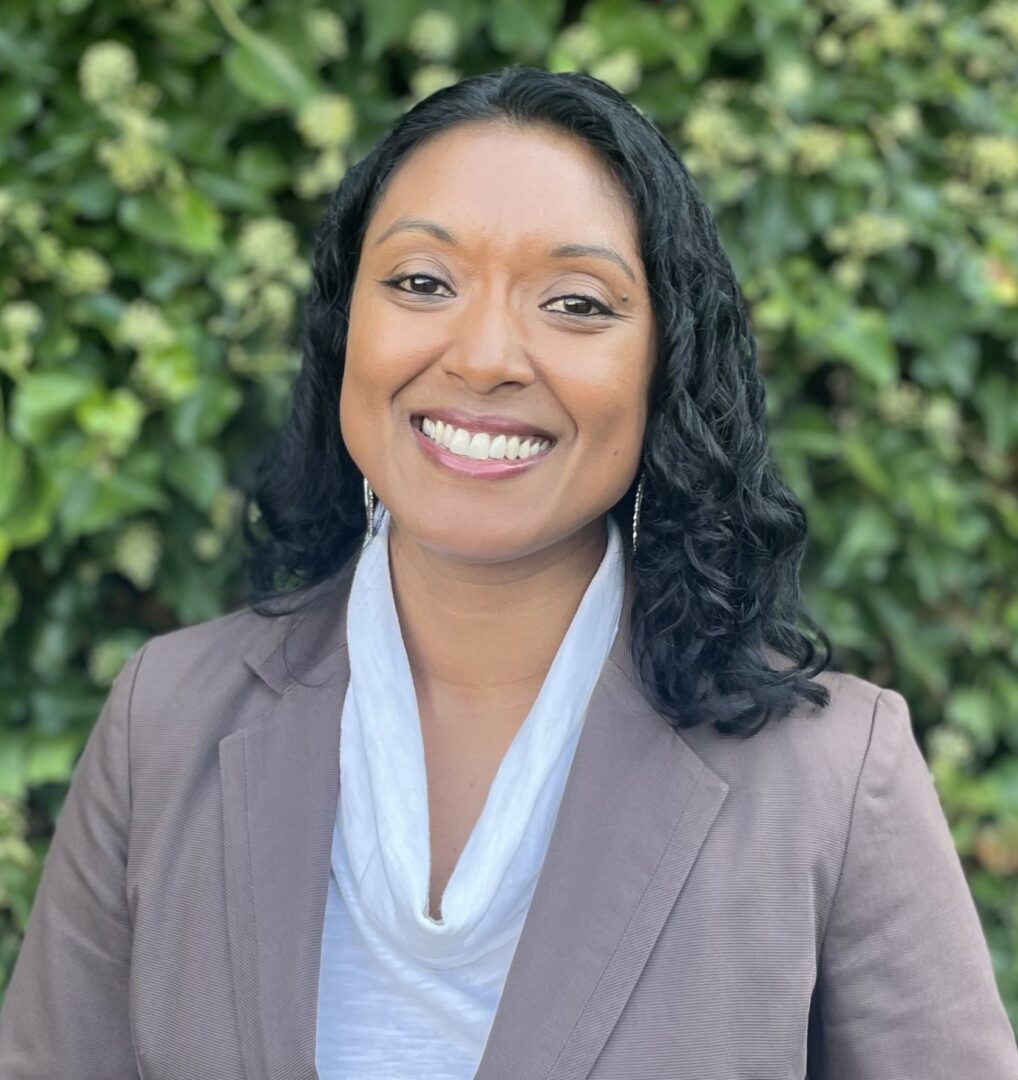
How would you describe your ideal client?
My ideal client is someone who is at least 16 years old and possesses the willingness, humility, and desire to explore themselves from multiple perspectives. Typically, the clients who work well with me have already seen other therapists and still find themselves facing the same challenges years later. They have reached a point where they are willing to think outside-the-box because nothing seems to work anymore. I don’t focus on teaching coping strategies. Instead, we work on making incremental choices that build understanding and awareness, ultimately rewiring the brain. This process helps clients become the person they’ve always wanted to be but didn’t know how to achieve. Over time, they begin to notice how they respond differently to situations that once triggered stress and anxiety, now feeling calm and in control.
If you are looking to experience that same sort of relief and autonomy then feel free to reach out to schedule a consultation.
Contact Info:
- Website: https://www.sitaramarintherapy.com/
- Instagram: https://www.instagram.com/sitaramarintherapy/
- Linkedin: https://www.linkedin.com/in/sitaramarin/
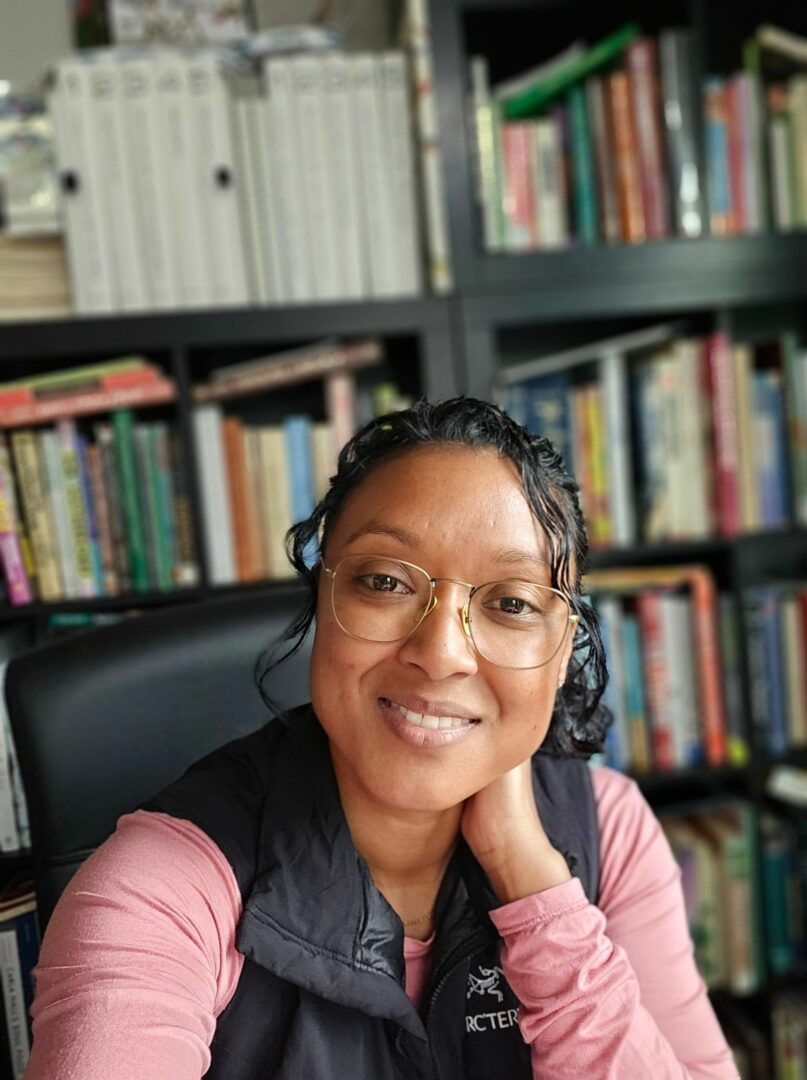
so if you or someone you know deserves recognition please let us know here.

